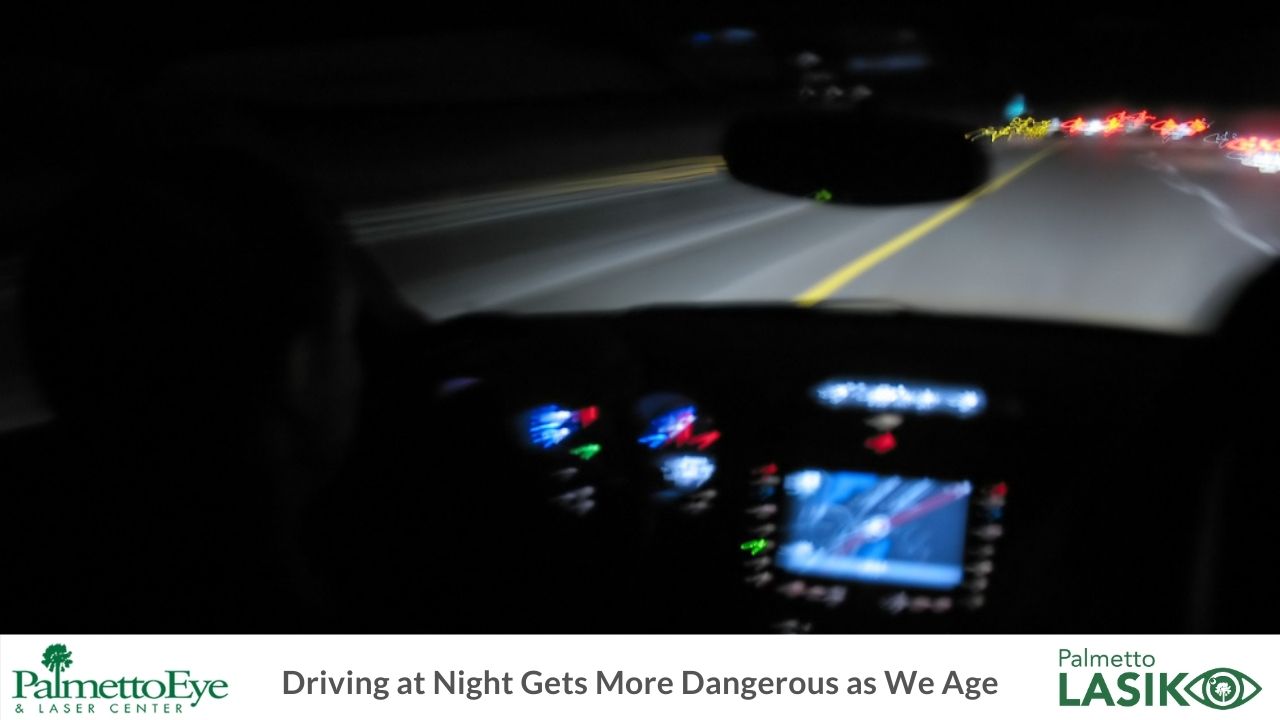
Driving at night can be a major threat to your wellbeing that easily goes unnoticed. What is attributed to poor lighting on streets actually has more to do with the person behind the wheel.
Not only does a decrease in vision pose a major threat to our safety, but you may not have considered all that is lurking out on the roads once the sun goes down. This is especially true during the winter months when sunset occurs much earlier.
We often start feeling blue when we realize it is getting dark before we even leave the office, but there are greater risks to think through when driving after the sun goes down. From the glare of headlights, traffic signals, and street lamps to the reflections on glossy pavement, driving at night adds several factors that can impact our vision while on the road.
Our inability to clearly see obstacles makes avoiding them much more difficult. Many of us are distracted when driving at any time of the day. Previously we had only two main options for distraction—reading the paper and changing the radio station. These days, however, the distractions are countless.
The extra time it takes our eyes to adjust from a bright phone screen back to a dark road can mean the difference in arriving at our destination safely or winding up in an accident. Extra measures should be taken to avoid distractions when driving at night.
Night driving gets more complicated the older we get. Losing cells that distinguish between light and dark in our retinas is to blame. Younger eyes and minds can snap back and forth easier. Unfortunately, while the biology of younger drivers is an advantage, lack of wisdom and experience provide a much larger disadvantage at night.
There are signs indicating you need vision correction that you may notice while driving at night. For example blurry, dim, or cloudy vision caused by halo effects around lights means it is time to get your eyes checked.
Scheduling a routine eye exam to ensure your sight can keep you safe while driving at night is as easy as calling Palmetto Eye & Laser Center at 864-583-6381 or using our online contact form to request more information on safe nighttime driving.